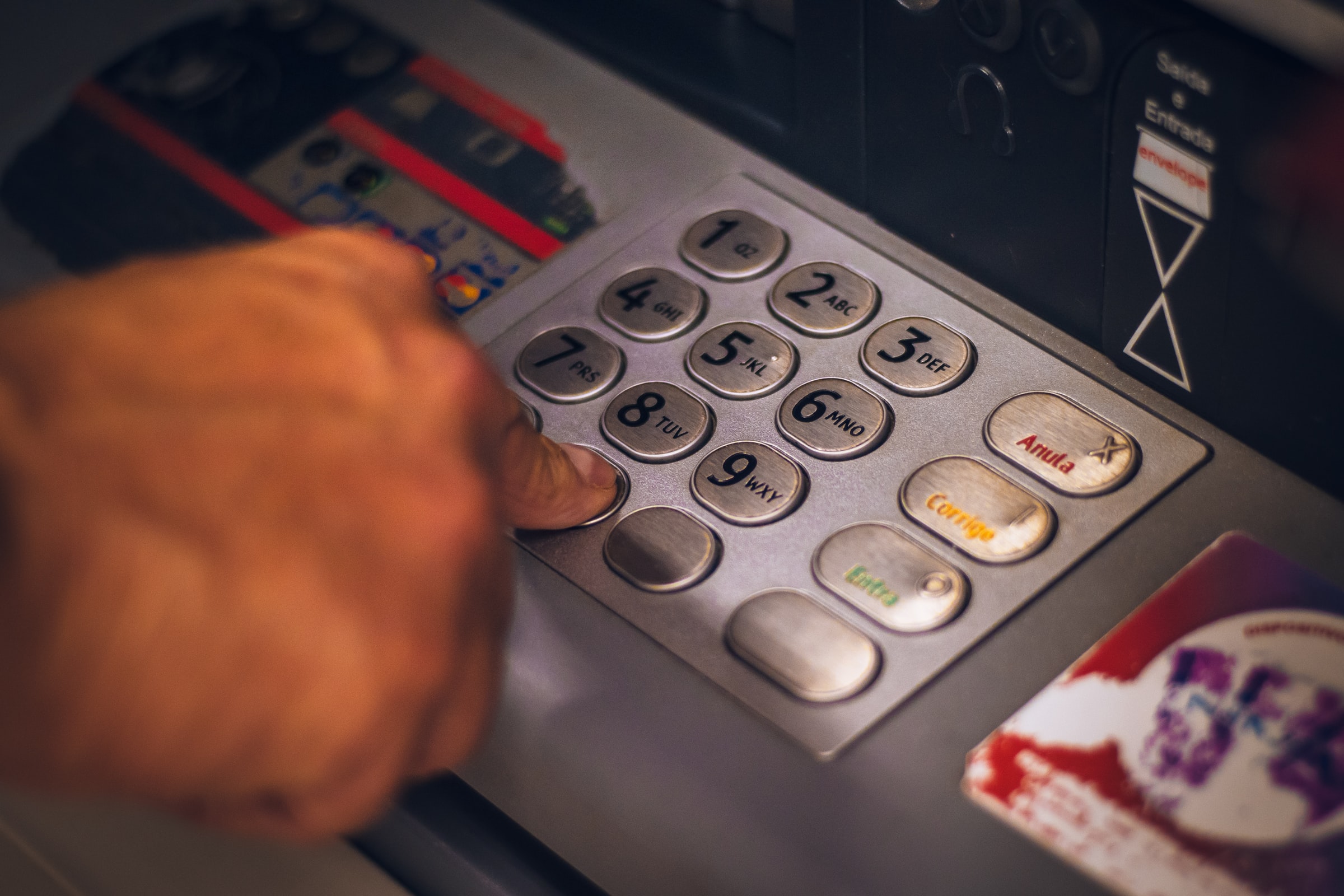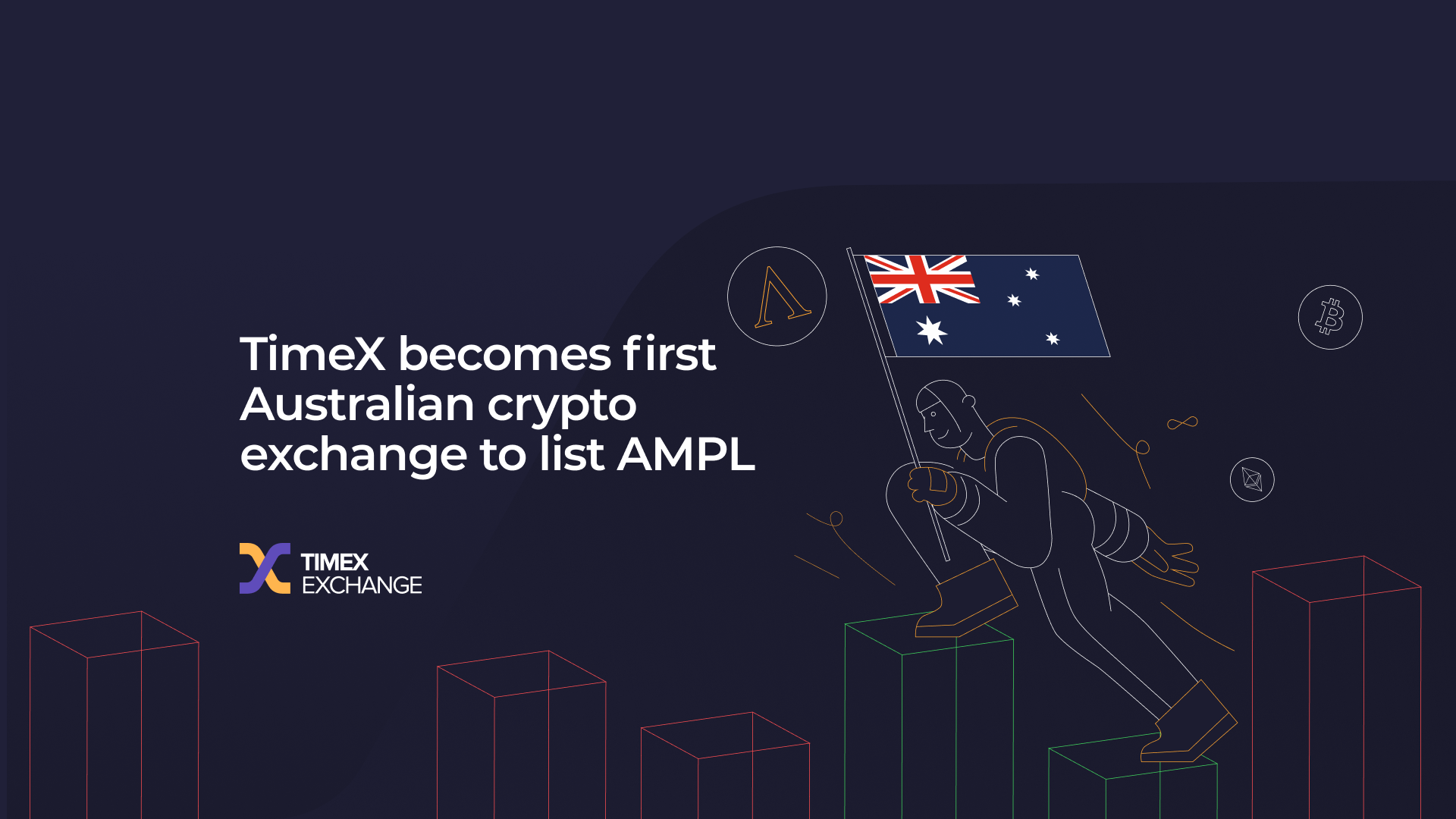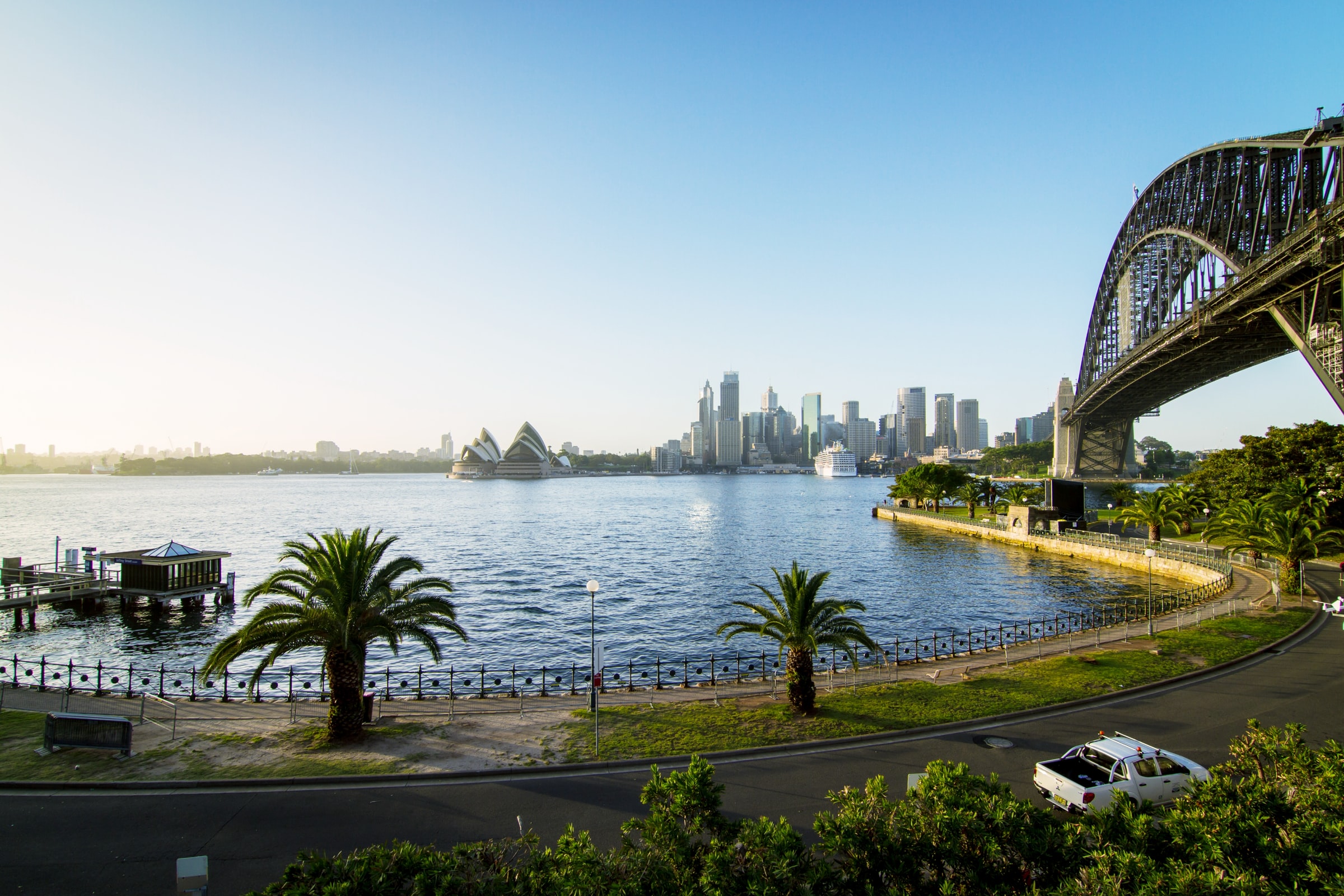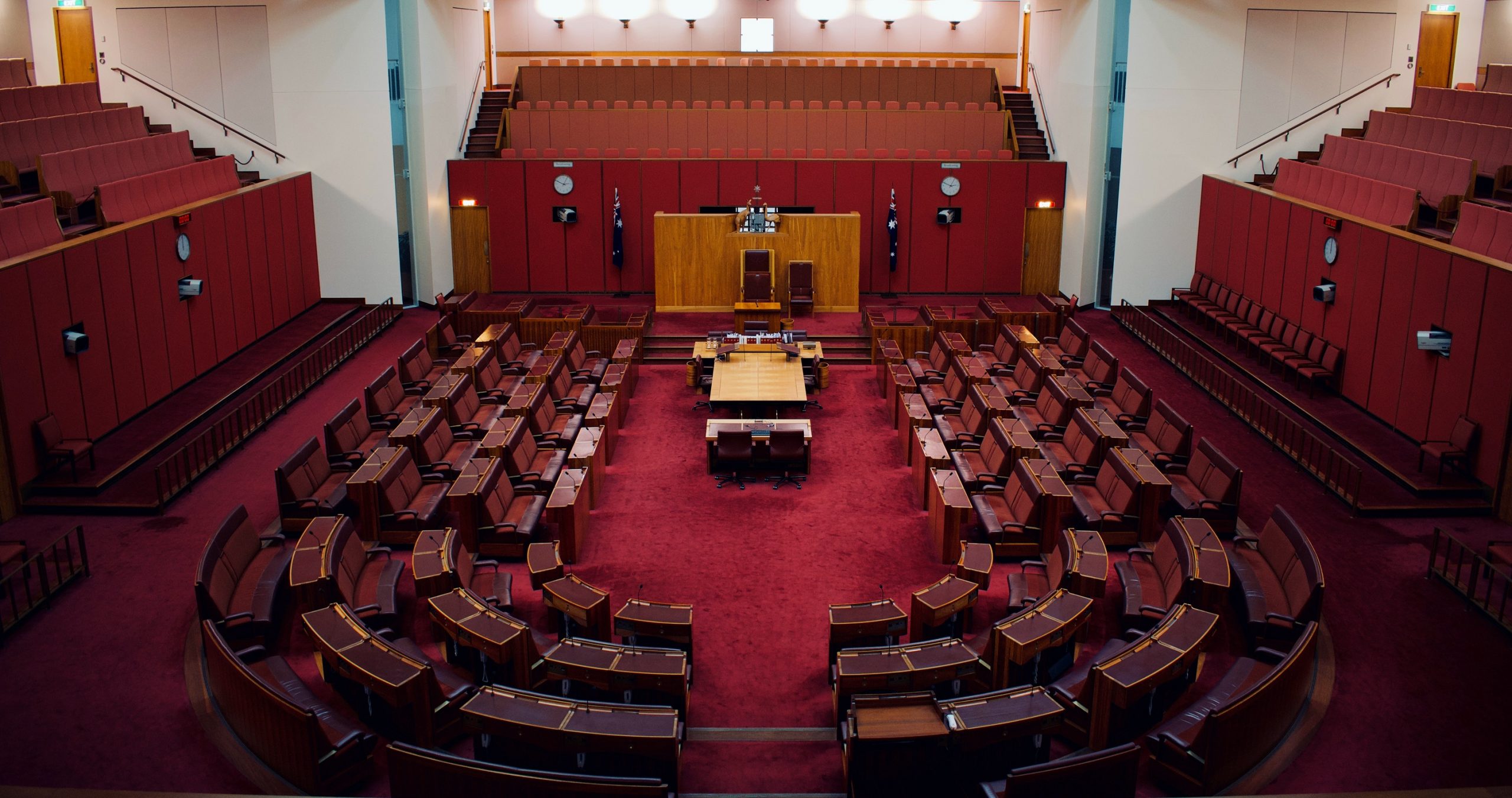While admitting that cash is still important to a large segment of the population, the Reserve Bank of New Zealand – Te Pūtea Matua – is looking into creating a digital currency of its own.
The Concept Of Money Is Changing
Whereas the Reserve Bank Of Australia seems to be indecisive when it comes to the need for a digital cryptocurrency – and how it may take shape – its New Zealand counterpart acknowledges that the very existence of money as we know it should no longer be taken for granted.
According to Governor Hawkesby, central banks will soon be facing big questions about the future of money – and should remain open to changes. He also stated that they will remain open-minded and see which way the wind blows.
In Australia, although the RBA has found “no strong public-policy case” – although the use of cash has been swiftly declining due to the ongoing COVID-19 pandemic.
However, research into CBDCs is still ongoing – a move other governments are also going with. Most notable among CBDC-sympathetic countries is China so far, where the DCEP (Digital Yuan) is already being tested by Shenzhen residents. The US Federal Reserve has also partnered up with the European Central Bank to research the pros and cons of digital currencies.
According to RBA Head Of Payments Tony Richards, any decision regarding the subject will be made with the goal of promoting efficiency in the payment system of Australia.
“Consistent with the Bank’s mandate to promote competition and efficiency in the payments system and contribute to the stability of the financial system, we will be continuing to consider the case for a CBDC, including how it might be designed, the potential benefits and policy implications, and the conditions in which significant demand for a CBDC might emerge.”
Whether the RBA pushes forward or not remains to be seen. However, the Australian government’s sympathy towards blockchain technology so far just might tip the balance in the favour of CBDCs.










